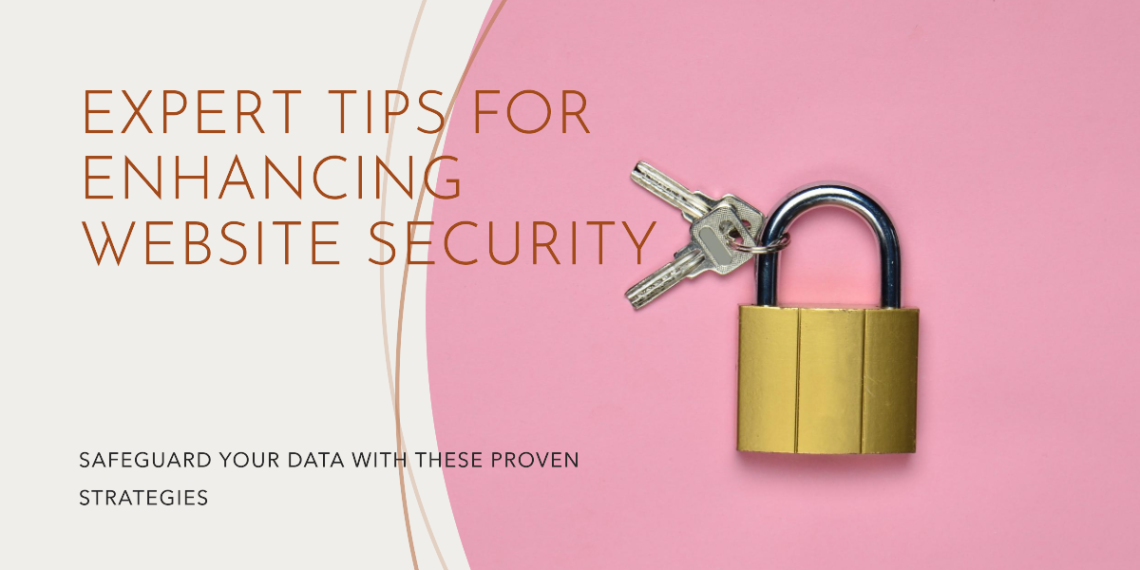Introduction:
In today’s digital landscape, where online presence is paramount, ensuring the security of your website and safeguarding sensitive data has become a critical concern. Cyber threats are evolving rapidly, making it imperative for businesses and individuals alike to adopt best practices for website security and data protection. By implementing these practices, you can bolster your defenses and create a secure online environment.
1. Conduct Regular Security Audits
“Performing routine security audits is the foundation of a robust website security strategy. These audits help identify vulnerabilities and weaknesses within your website’s infrastructure, allowing you to address them proactively. Collaborate with experienced cybersecurity professionals to conduct comprehensive audits, assess risks, and implement necessary patches or updates.” Says Rene Delgado, Founder & CEO at The Indoor Golf Shop
2. Implement SSL Encryption
“Secure Sockets Layer (SSL) encryption is a non-negotiable component of website security. It encrypts the communication between your website and its visitors, ensuring that sensitive information, such as personal details and payment data, remains confidential. Websites without SSL certificates are flagged as insecure by browsers, potentially leading to loss of trust and credibility.” Says Jessica Shee from iBoysoft
3. Keep Software Up to Date
“Outdated software, including content management systems (CMS), plugins, and themes, can be a gateway for cybercriminals. Hackers often exploit known vulnerabilities in outdated software. Regularly update your website’s software components to the latest versions to patch security holes and minimize the risk of unauthorized access.” Says Daniel Foley, head of content at Believe Money
4. Strong Password Policies
“Implementing stringent password policies is a simple yet effective measure to enhance security. Encourage users, including administrators and customers, to create strong passwords that combine uppercase and lowercase letters, numbers, and special characters. Consider incorporating multi-factor authentication (MFA) to add an extra layer of protection.” Says James Hans of Haro Builder
5. Regular Data Backups
“Data loss can occur due to various reasons, including cyber attacks, hardware failures, or human errors. Regularly backing up your website’s data is crucial to mitigate the impact of such incidents. Store backups in secure offsite locations and test the restoration process periodically to ensure the integrity of your backups.” Says Nick, CEO of City Unscripted
6. Content Security Policy (CSP)
“Implementing a Content Security Policy (CSP) is a proactive measure to prevent cross-site scripting (XSS) attacks. CSP defines which sources of content are considered legitimate, minimizing the risk of malicious code execution. By specifying trusted sources for scripts, styles, and other content, you can fortify your website’s defenses against various cyber threats.” Says Carl Panepinto, Marketing Manager at Storm Internet
Conclusion: Safeguarding Your Digital Presence
In an era of increasing cyber threats, prioritizing website security and data protection is non-negotiable. By adhering to these best practices, you can create a formidable defense against potential threats and ensure the safety of your website visitors’ sensitive information. Remember, a secure website not only fosters trust but also contributes to your overall success in the digital realm. Embrace these practices and fortify your online fortress today.







